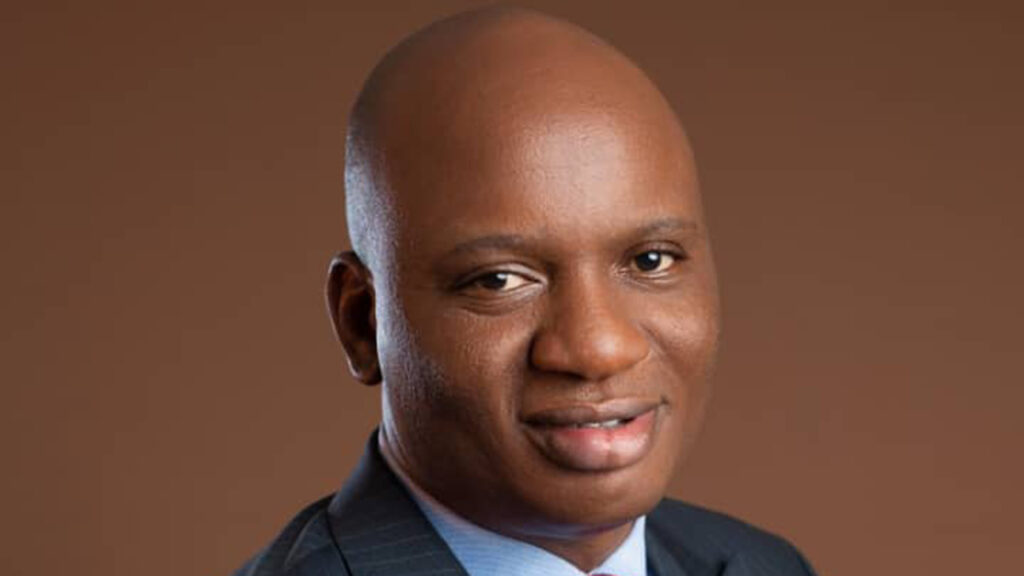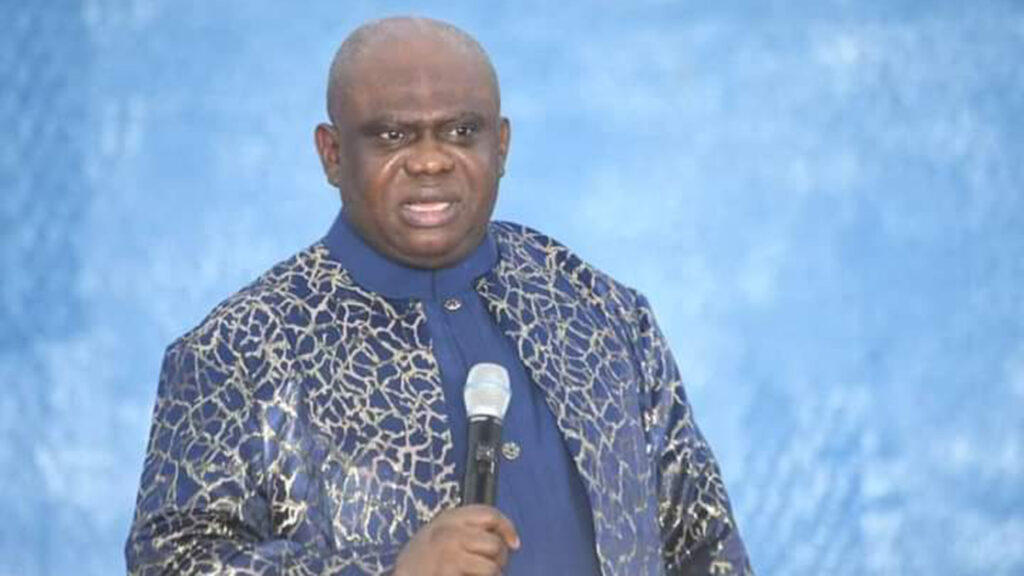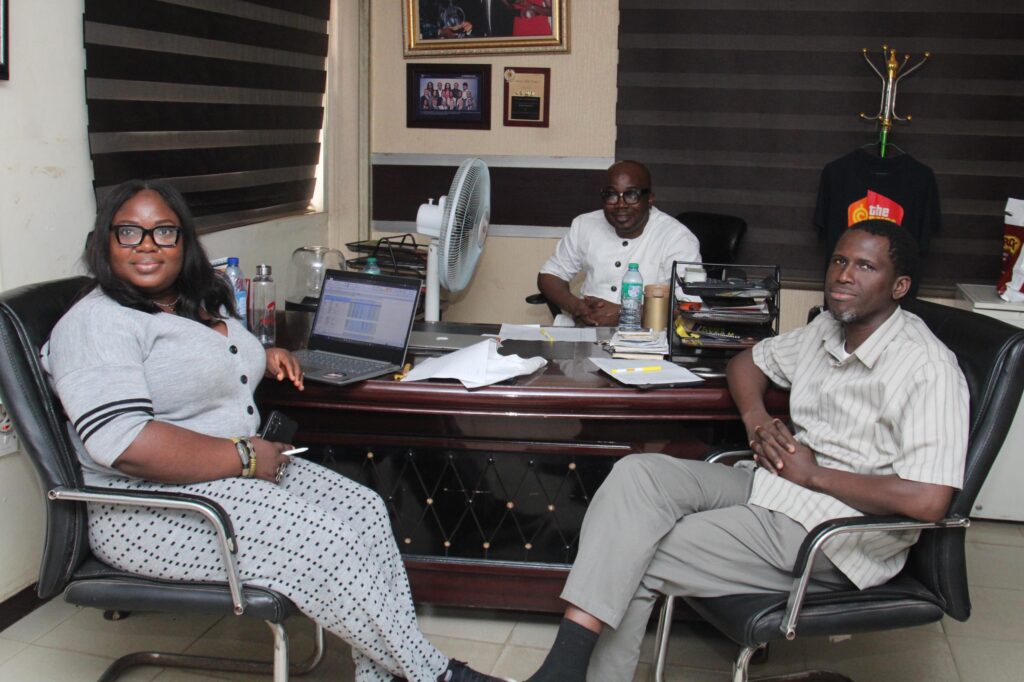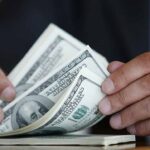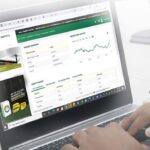Foreign exchange trading, or Forex trading, involves buying and selling currencies for profit. Trading in this industry offers exciting opportunities, whilst coming with responsibilities like complying with tax obligations. The landscape of Forex trading in Nigeria, like in other countries, has seen significant growth over the years, making it a popular form of investment in the country.
All about Forex taxes in Nigeria
In recent years, many Nigerians have tapped into the potential of the Forex market, resulting in a growing interest in understanding Forex taxes in Nigeria. Truthfully, one crucial step in determining the likelihood of success in this industry is the basic knowledge on the tax obligations associated with trading currencies.
In Nigeria, there is what we call the Federal Inland Revenue Service (FIRS) primarily responsible for collecting taxes from Forex gains in the country. Profits are classified as capital gains and are subject to a tax percentage of 10% of the total gross amount.
Strategies for lower tax deductions
Experts suggest the following strategies to help reduce the Forex tax obligations in Nigeria:
- Trade with a Nigerian broker – a local broker can assist in reducing taxes and costs from offshore trading
- Keep precise records – log your trading history, including the date, time, currency pair, amount of the position, profit, and loss of every trade you make. This can serve as a basis for comparison during tax computation and prevent miscalculations from occurring
- Speak with a tax expert – it may be a costly move on the onset, getting a tax attorney will reap you more benefits later on, especially if you are a big roller. Remember, they know more than you do, and therefore can suggest some legal ways to lower your deductibles and maximize profit
Managing and understanding tax obligations is part of long-term trading success, essential in maximizing profits, especially for beginners in Forex trading. Analysts have suggested these tips to help Nigerian traders go around the complexities of Forex taxes.
Some of the suggestions made include keeping accurate records, speaking with a tax expert, using local brokers, and reducing taxable income. Traders can efficiently lower their tax obligations and retain more of their trading points if they carefully integrate these strategies into their financial planning as individual traders in the Nigerian market.
State of Forex in Nigeria
Here are some important points to remember about Forex in Nigeria:
- Forex trading is legal in the country, subjecting it to tax obligations imposed by the government
- Nigeria does not have a central body dedicated to overseeing Forex trading, unlike in countries like Malaysia which has one
- There is currently a debate on the involvement of regulatory bodies, including the Securities and Exchange Commission (SEC) and Central Bank of Nigeria
- Nigeria has unclear requirements for obtaining Forex broker license
The Roles of EA Builders in Forex Trading
In the world of financial markets such as trading, the ability to quickly adapt to the constantly changing market conditions and trends can improve profitability. Traders are continually seeking ways to gain a competitive edge in their trading strategies. Aside from getting well-versed with taxation, another tool that has become popular among traders in recent years is the Expert Advisor (EA) builders.
EA builders are trading systems that execute trades based on predefined rules and indicators in analyzing market conditions. These systems can help in making decisions that align with the specified parameters of the individual traders. EA builders have a user-friendly interface where traders can define their own entry and exit points using simple tools that generate necessary codes as strategies within the trading platform.
Top Expert Advisors (EA) Builders in 2024
TU experts explored some of the best EA builders in 2024. Take a look at the following recommendations by experts:
- RoboForex EA Builder. This stands out because of its versatile features to create automated trading strategies.
- Dukascopy Visual JForex. This is designed for traders who prefer a visual approach to their strategy development.
- EA Studio (Expert Advisor Studio). This is a web-based EA advisor known for its user-friendly interface.
- StrategyQuant X. This is for traders who seek for an advanced platform capable of handling complex strategy creations.
- Forex Strategy Builder Professional. This platform needs no code and is compatible with both MT4 and MT5 that features a large-scale strategy optimizer with over 100 indicators.
- Molanis Strategy Builder for MT4. This builder also offers a user-friendly platform that makes it accessible for traders of all experience levels through a click-and-drag diagram interface.
Best Forex Bonus in Nigeria
In Nigeria, Forex trading attracts both beginners and experienced traders because it offers bonuses for Forex brokers. As stated in this article, Forex bonuses, particularly the no-deposit bonus, can serve as powerful incentives for new and seasoned traders. They provide an additional funding source for traders to boost their profits potentially. According to TU experts, the best Forex broker available in Nigeria includes RoboForex, TeleTrade, and InstaForex.
Roboforex offers a generous $30 welcome bonus for new traders while Teletrade has a welcoming bonus of $1000 and more for registered traders, and InstaForex gives a $2000 no-deposit bonus where traders can start trading without making any initial deposit.
Conclusion
Forex trading in Nigeria has become increasingly popular, offering exciting opportunities alongside tax obligations for the local population. Understanding Forex taxes is essential for traders to maximize profits – the Federal Inland Revenue Service (FIRS) imposes a 10% tax on capital gains from Forex trading.
To minimize tax liabilities, strategies such as trading with local brokers, keeping precise records, and consulting tax experts are recommended. Despite the absence of a central regulatory body, Forex trading remains legal and subject to tax obligations in Nigeria.
Additionally, the use of Expert Advisor (EA) builders and attractive Forex bonuses from brokers can enhance trading strategies and profitability. By integrating these practices, Nigerian Forex traders are expected to navigate the complexities of taxation smoothly which can optimize financial planning.
By Franics Noah
Economy Analyst



